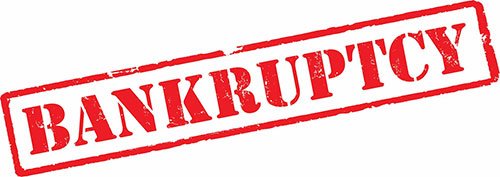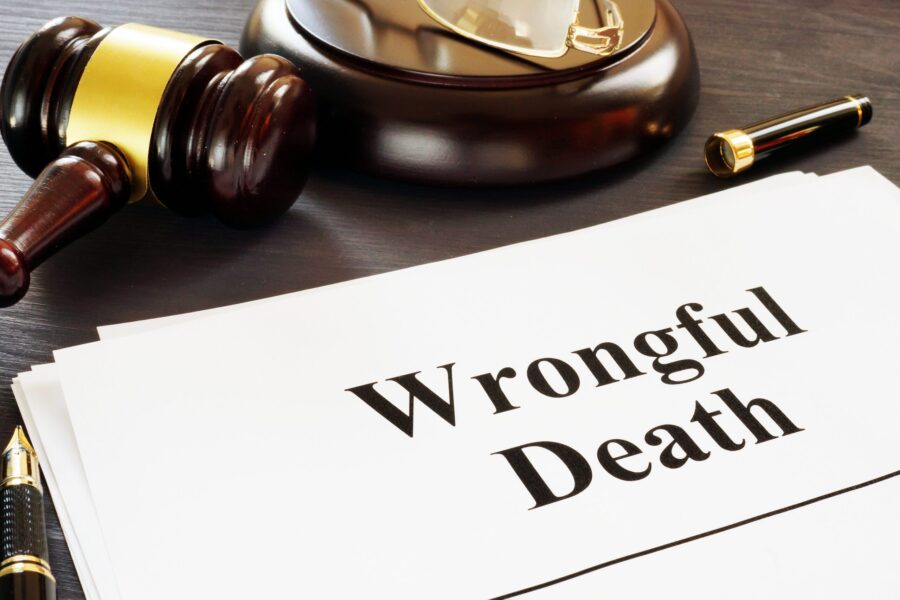

Chapter 7 Bankruptcy: Frequently Asked Questions
The decision to file for bankruptcy is never easy, especially when you discover how complicated and confusing the process can be. Hiring an attorney to work with you is a great first step, but you still might not fully understand the entire process. If you qualify for Chapter 7 bankruptcy, chances are you have several questions. Here are answers to a few questions you might have about Chapter 7 bankruptcy.
What Is the Difference Between Chapter 7 and Chapter 13 Bankruptcy?
Both Chapter 7 and Chapter 13 bankruptcy allow individuals to eliminate debt and strengthen their financial future. However, there are several differences between both, and understanding them can help you determine which option is best for you.
The main difference between Chapter 7 and Chapter 13 bankruptcy is your income. To qualify for Chapter 7, you must fall below a certain income level, which varies by state. For example, in Michigan, if you are single, you cannot earn more than $44,072.00 per year.
If you earn more than the median income in your state and still want to see if you can qualify for Chapter 7 bankruptcy relief, you can take a means test. The test will determine if you have enough disposable income to pay back your creditors after you create a budget. The budget will include any allowed expenses, such as your rent, car payment and utility bills.
If you do not have any disposable income available, you will qualify for Chapter 7 bankruptcy.
Am I Eligible for Chapter 7 Bankruptcy?
In addition to income limitations, you must meet certain criteria to qualify for Chapter 7 bankruptcy, including:
- Your previous Chapter 7 bankruptcy was discharged within the last eight years, or your previous Chapter 13 bankruptcy was discharged within the last six years
- You concealed assets or lied to your creditors
- You lied about your income
- You hid property and assets from your spouse during an active divorce
Some individuals make the mistake of spending money on non-essential items or taking on unnecessary credit card debt prior to filing. If you take on additional debt prior to filing with no intention of paying it back, the court may consider this fraud, and you will not be allowed to file for Chapter 7 relief.
Will All My Debts Be Discharged?
Chapter 7 bankruptcy is also known as liquidation bankruptcy because it allows you to discharge most of your deb without having to create a repayment schedule. However, there are some debts that you cannot discharge through Chapter 7 bankruptcy, including:
- Student loan debt
- Tax debt that was incurred within the last three years
- A settlement you owe to an individual who died or was injured in a motor vehicle accident Alimony and child support
- Debts that were listed in a previous bankruptcy and were not discharged
When filing for bankruptcy, you must list all your debts for them to be discharged. If you fail to list any debts, they will not be discharged at the end of the bankruptcy.
Will Filing for Chapter 7 Stop Creditors from Harassing Me?
Once you file for Chapter 7 bankruptcy, an automatic stay comes into effect. This stay will prevent creditors from garnishing your wages or file a lawsuit against you. If you are constantly being harassed by creditors, filing for Chapter 7 will put this to an abrupt end, as well.
For many, filing for Chapter 7 bankruptcy is the best way to find relief from the burden of debt and to begin rebuilding their finances. If you have any additional questions, don’t hesitate to contact the professionals at Mihelich & Kavanaugh PLC Attorneys at Law.







